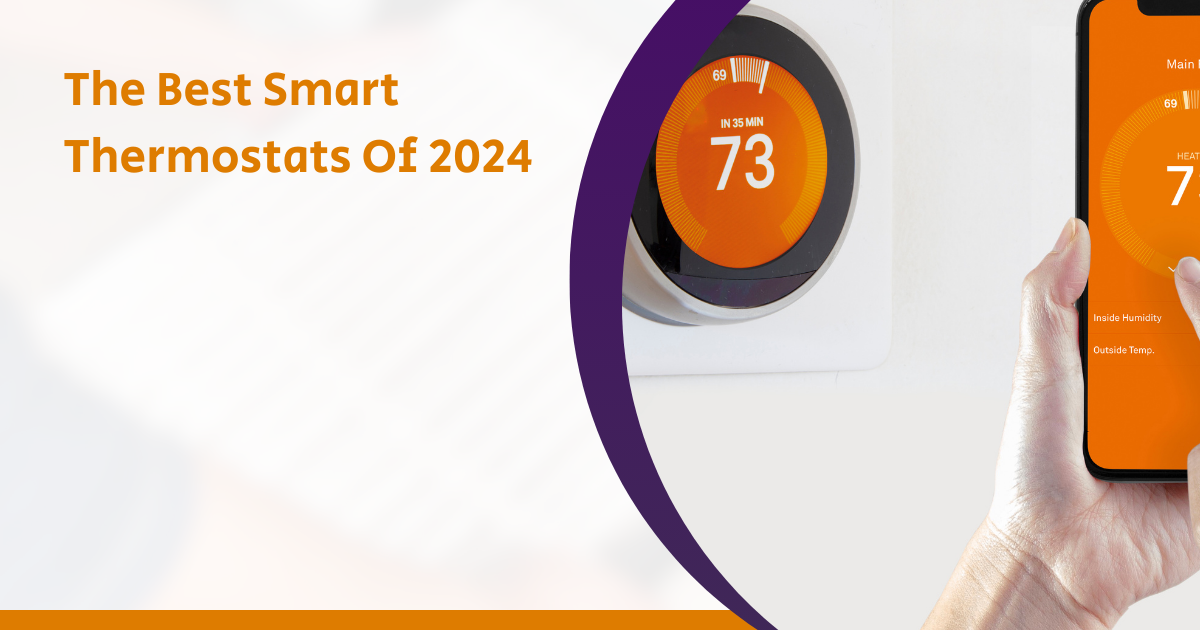Reasons Your Air Conditioner Is Blowing Warm Air and How to Fix It
As the mercury climbs, your retreat into the cool embrace of your home becomes more of a necessity than a luxury. Yet, if your air conditioner begins serenading you with the unwelcome hum of warm air, it’s a clear sign something’s gone awry within its complex labyrinth of components.
The culprits can range from sneaky refrigerant leaks to dust-laden filters crying out for attention, or even the silent failure of electric controls and sensors that once vigilantly guarded your comfort.
Navigating these issues requires a blend of knowledge, vigilance, and timely action to restore your sanctuary’s cool atmosphere.
Refrigerant Leaks
Wading through the quagmire of air conditioning malfunctions, you may stumble upon one of the stealthiest culprits: refrigerant leaks. These elusive leaks play a pivotal role in your air conditioner’s performance, transforming your sanctuary into an unwanted sauna.
Knowing the telltale signs of a refrigerant leak is your first line of defense against this invisible adversary.
From the hissing of gas escaping to the formation of ice on the compressor, vigilance is key.
Should you suspect a breach in your cooling fortress, fear not the task of sealing minor leaks yourself, armed with the right tools and guidance.
However, recognizing when a problem surpasses a DIY fix and warrants the expertise of professionals marks the thin line between a temporary patch and a solution.
Inadequate Maintenance
As you venture deeper into the labyrinth of your air conditioner’s temperament, the path of inadequate maintenance emerges as a pivotal battlefield, often overlooked yet crucial in its demand for attention.
This less-trodden road can lead to the heartache of an AC blowing warm air, a silent plea for the care it desperately desires.
Embrace the practice of regular AC system checks as your shield, staving off the specters of malfunction.
Arm yourself with DIY maintenance tips, and tools that empower homeowners to stand guard over their comfort.
Yet, amidst the battle, know when the time comes to raise the white flag and schedule professional maintenance services, a strategic alliance ensures your fortress remains impervious to the encroaching warmth.
This segues into an arena where vigilance meets action—preparing, preserving, and partnering to keep the cold air flowing as if by an unspoken oath sworn between you and your air conditioner.
Scheduling Professional Maintenance Services
Amidst the tapestry of tasks to ensure your air conditioner’s longevity and efficiency, scheduling professional maintenance services emerges as a critical stitch: It transforms a complex web of potential issues into a streamlined system of cooling precision. A professional’s adept touch not only diagnoses underlying problems with an experienced eye but also rectifies them in compliance with the latest standards, protecting both your comfort and your equipment’s welfare. This strategic move not only preserves the integrity of your HVAC system but also optimizes its performance, ensuring a serene and cool sanctuary against the relentless heat.
- Identify signs that surpass the realm of DIY fixes, cueing the need for a professional’s expertise.
- Seek out HVAC professionals with a reputable track record, ensuring quality service for your air conditioning system.
- Consider the timing of professional maintenance, ideally before the peak of summer’s embrace, for preemptive troubleshooting and repairs.
Electric Control Failure
Navigating the complexities of why your air conditioner is spewing warm instead of cool air can sometimes lead you down a path less considered but equally critical: electric control failure.
This invisible malady strikes at the heart of your AC’s ability to perform, disrupting the seamless operation between the thermostat, compressor, and fan.
Peeling back the layers on this issue reveals signs that the electrical controls are not just faltering but may be on the brink of failure—a reality where troubleshooting steps become your beacon of hope.
Armed with insight, you’ll embark on rectifying current issues while laying down strategies to prevent future electrical mishaps, ensuring your air conditioner sidesteps the pitfalls of warm air episodes and sails back to delivering the cool, comforting breeze you rely on.
Sensor Problems
Delving into the intricacies of why your air conditioner might be betraying you with gusts of warm air instead of a cool breeze, we cross paths with an often-unseen factor: sensor malfunctions.
The thermostat sensor, a silent sentinel, gauges the air temperature, guiding your AC in its quest to maintain your haven at the perfect chill.
Misalignment or faults within this sensor can send your system into disarray, mistakingly warming rather than cooling your space.
Drainage Problems
Wading into the waters of your air conditioner’s quandaries, we encounter the slumbering giant of drainage problems—a silent disruptor of cool air’s flow.
Entangled within the conduit of your AC unit, blockages can mount defenses against efficiency, compelling your system to toil harder yet only muster warm air as its plea for help.
Initiating a meticulous examination of your air conditioner’s drainage for blockages unfurls the first step toward reclaiming the cool, soothing embrace of your home environment.
Marching forward, the imperative task of cleansing the drain line surfaces as your weapon of choice, ensuring unobstructed passage and a fortification against the siege of warm air.
To fortify your defenses further, arming yourself with preventive measures safeguards your sanctuary from future incursions.
Through the lense of proactive guardianship, we delve into the realms of checking drainage for blockages, purifying the drain line for optimal flow, and etching a blueprint of tips to avert the rise of drainage dilemmas anew.
Tips to Prevent Drainage Issues in the Future
To avert the re-emergence of drainage dilemmas within your air conditioner’s realm, embracing a vigilant defense strategy becomes your bastion of prevention. Regularly scheduling seasonal maintenance checks with a qualified HVAC professional to examine and cleanse the drainage system helps ensure that no blockage, however minute, jeopardizes the consistent flow of cool air through your domain. This proactive approach fortifies your sanctuary against the stealthy advance of warmth, securing a cool and tranquil indoor atmosphere as a constant companion.




